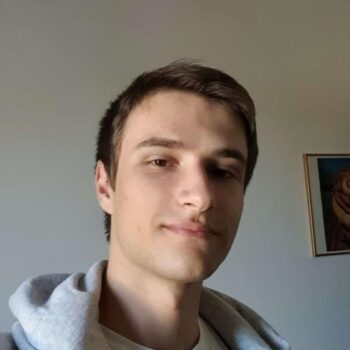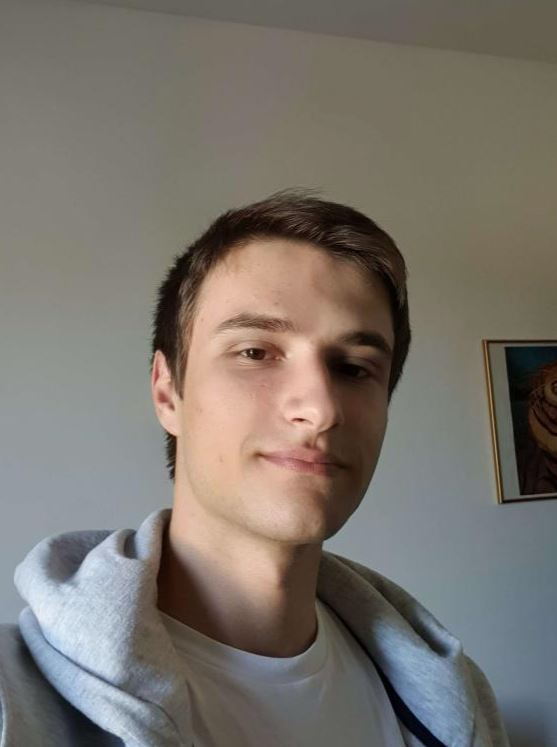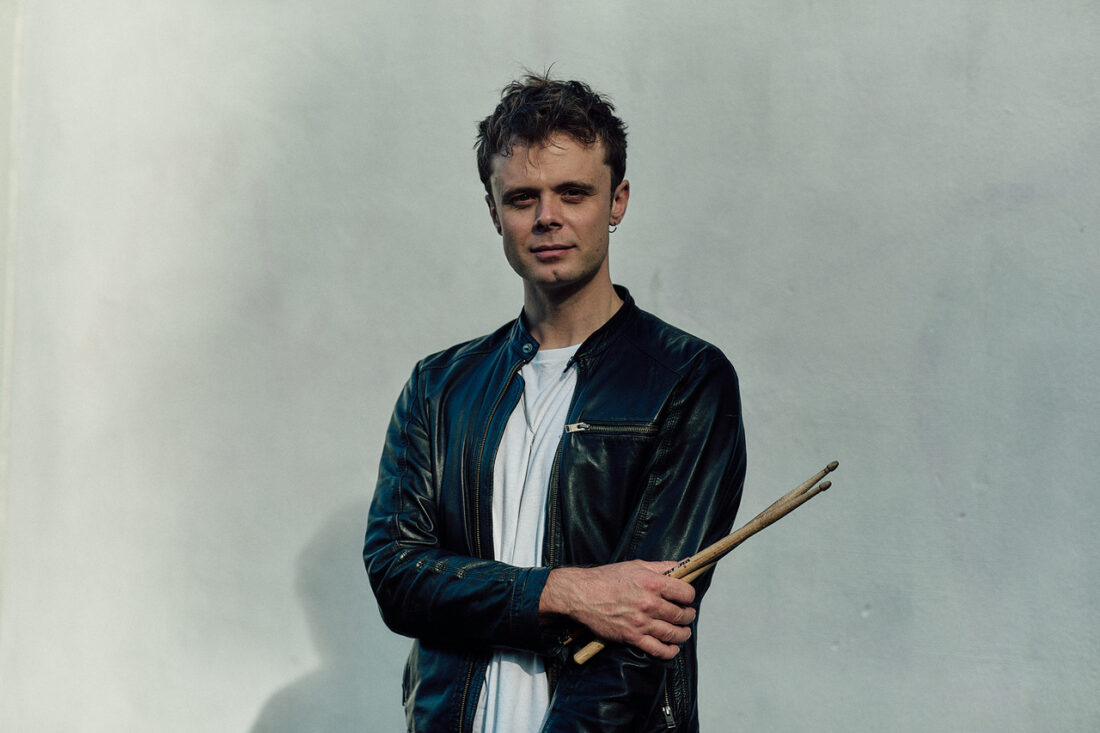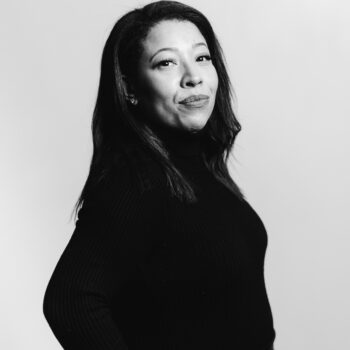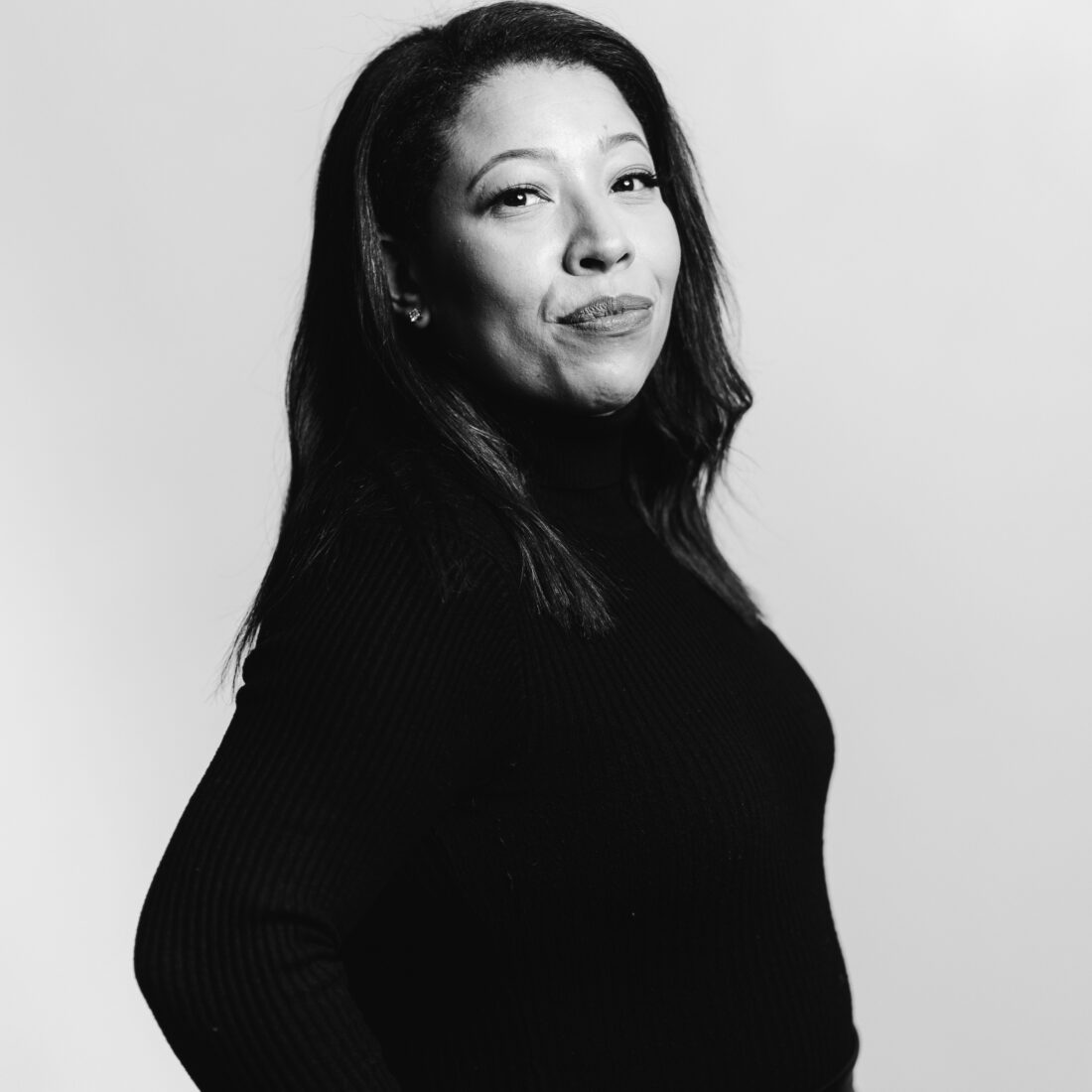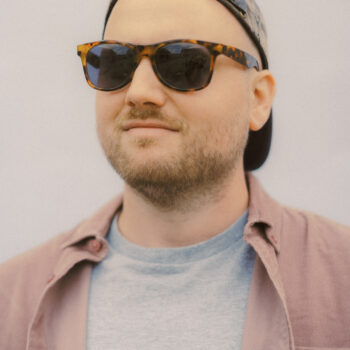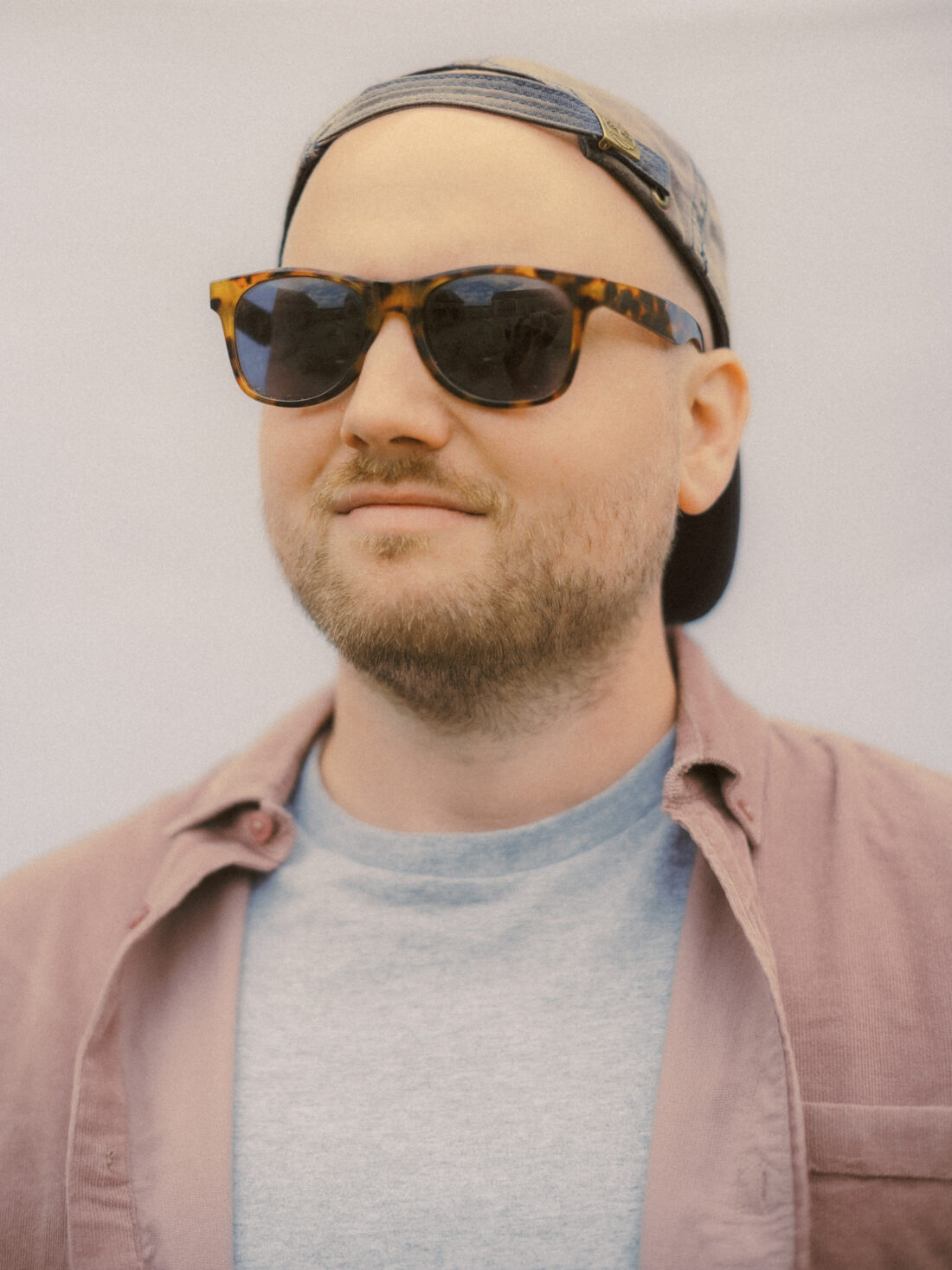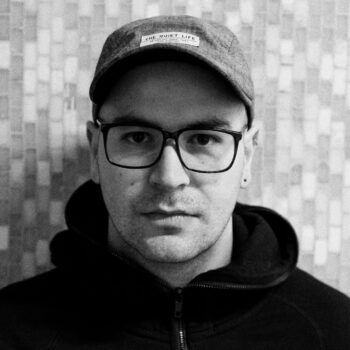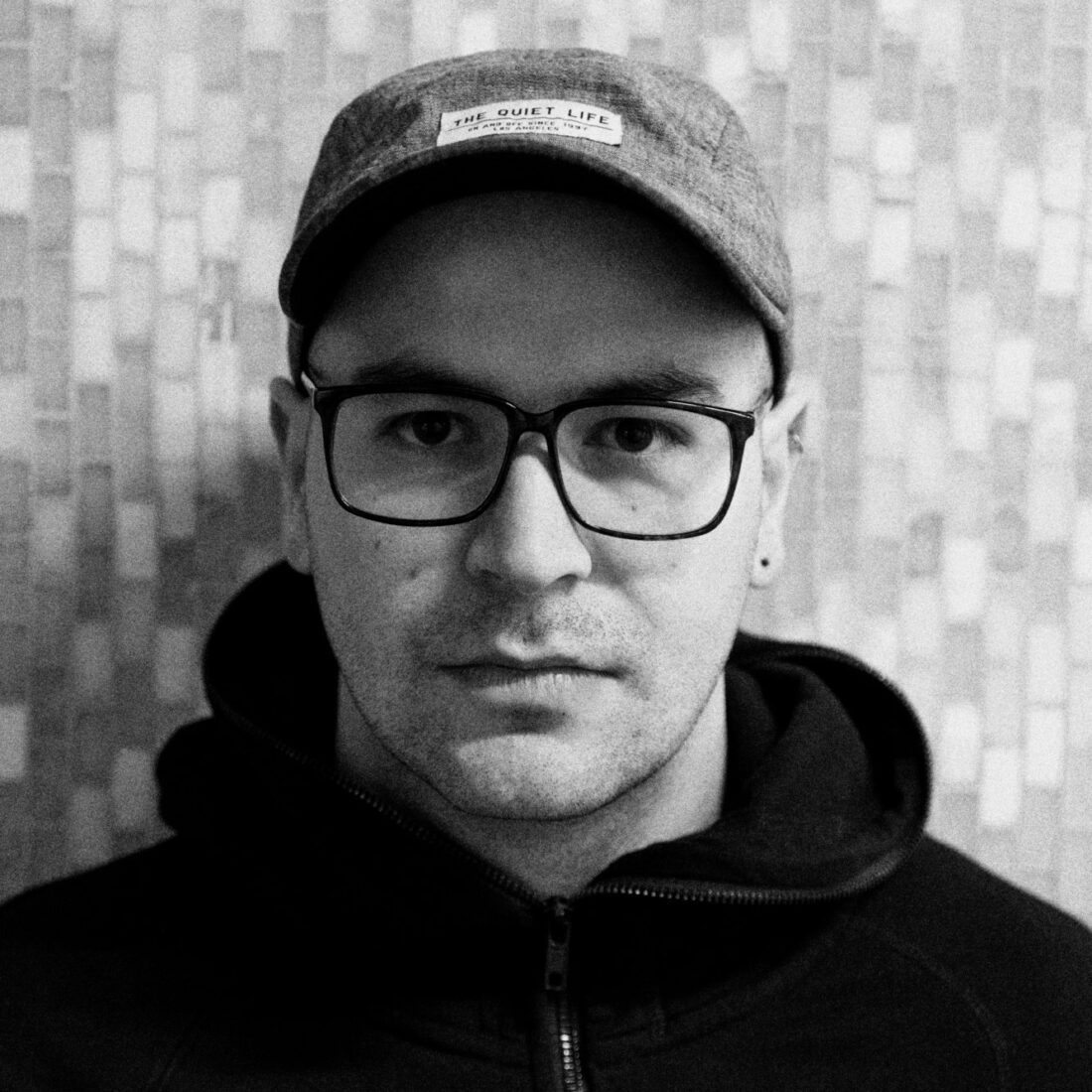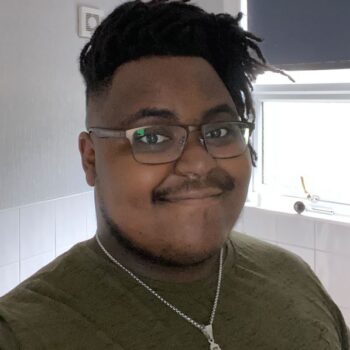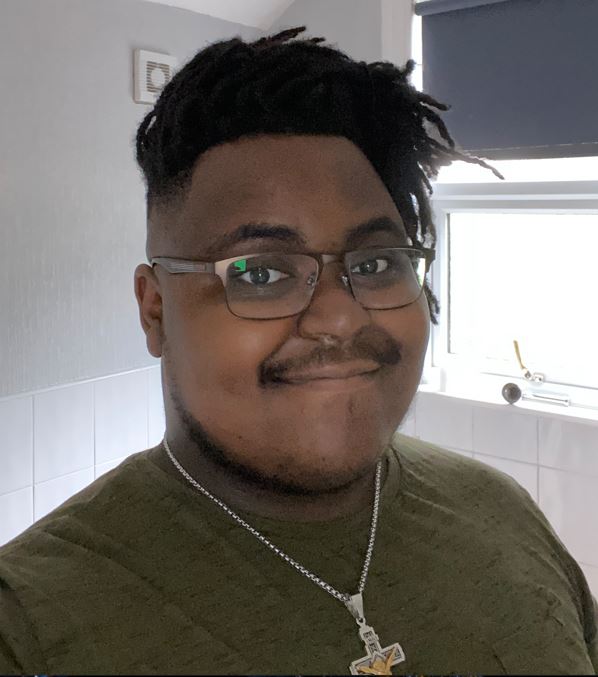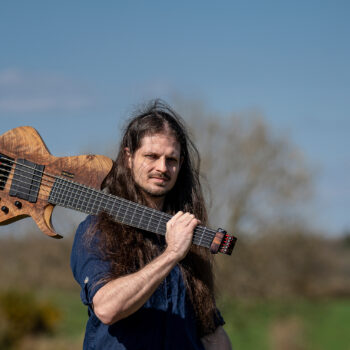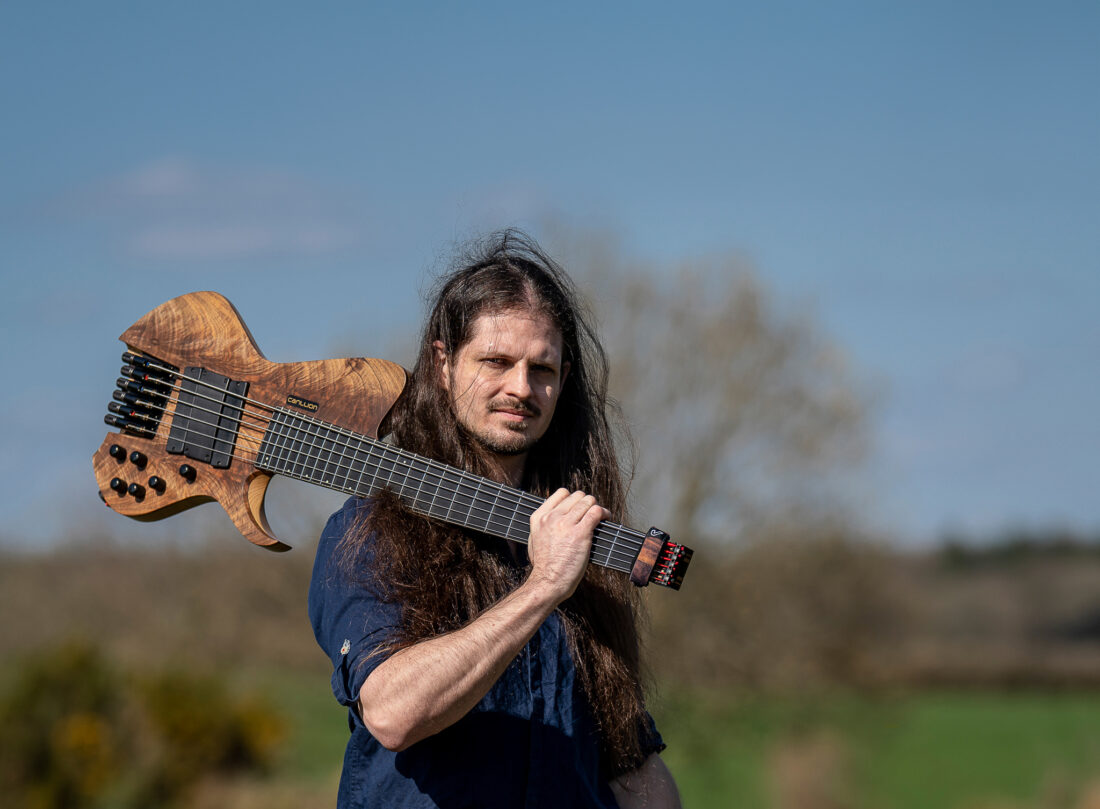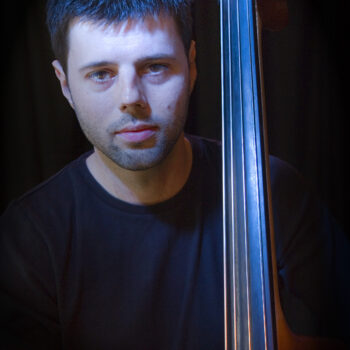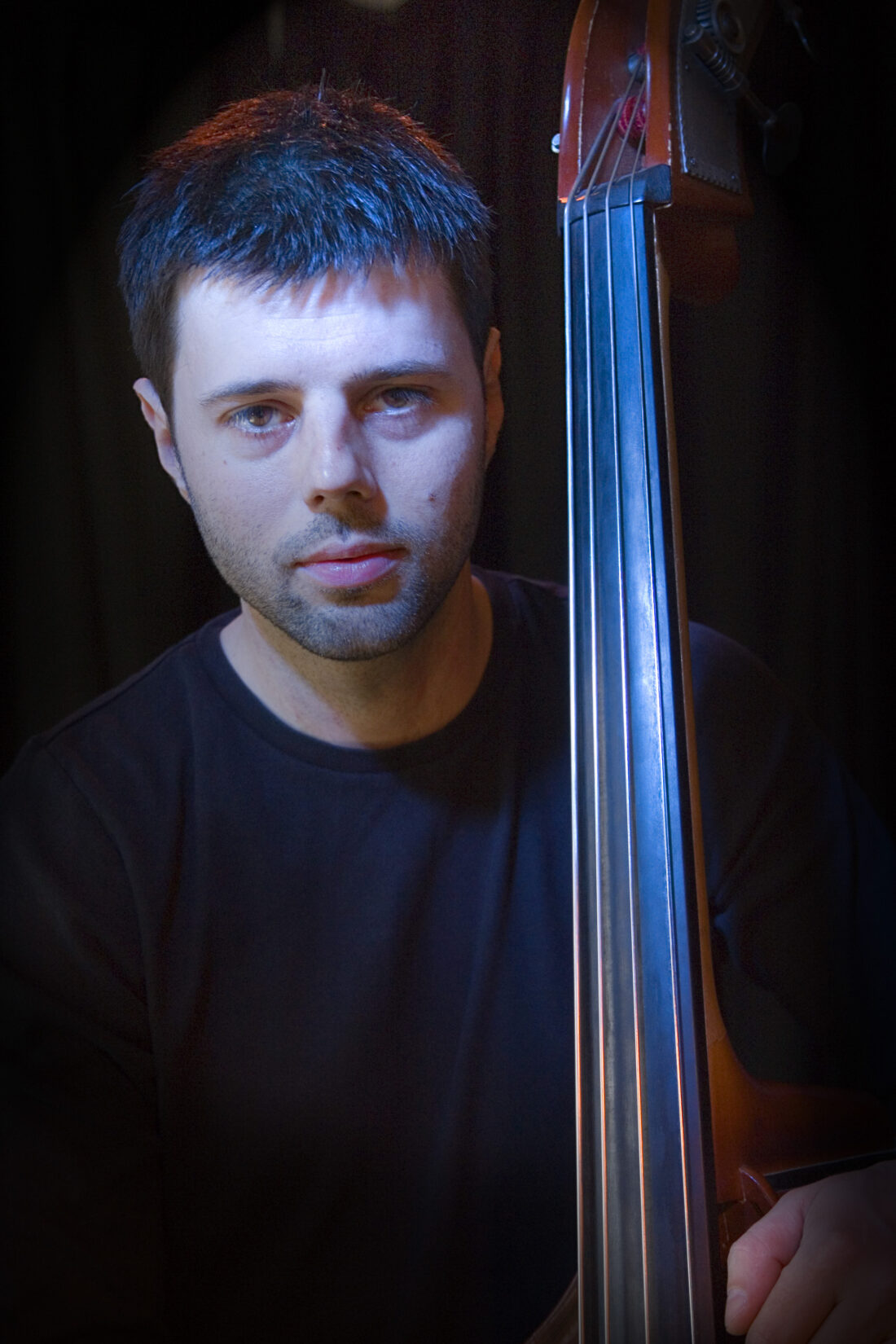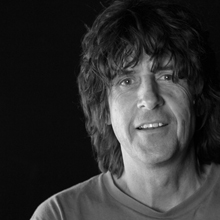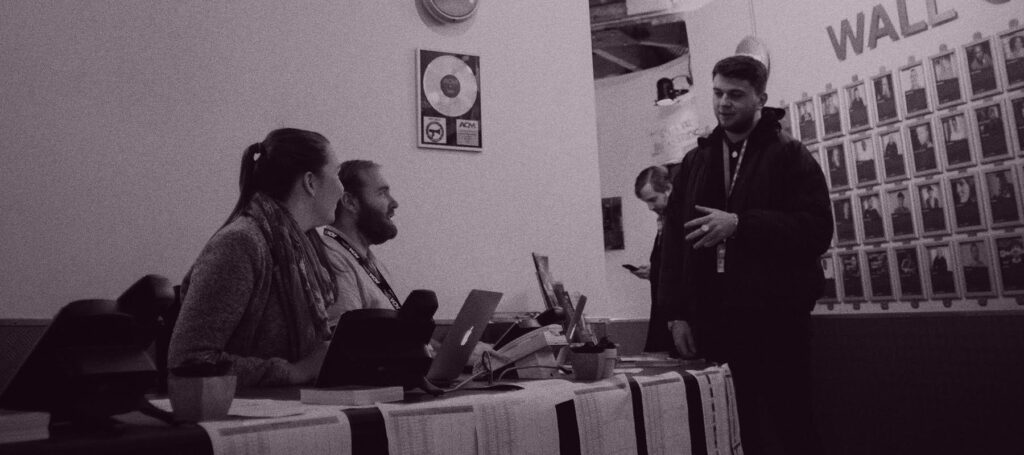Scott McGill
Career credits
Student of ten years of historically important Jazz Theorist/Composer/Teacher Dennis Sandole, the teacher of iconic Jazz Musician John Coltrane
At eighteen was Lead Guitarist for RCA Recording Artist Robert Hazard who wrote “Girls Just Want to Have Fun” for Cyndi Lauper performing alongside artists such as The Beach Boys, Joan Jett, and Jimmy Page culminating with a performance in front of festival crowds of a half a million in attendance.
Those who have worked on his recordings include Grammy Winning Producer Neil Kernon (Hall and Oates, Queensryche), David Torn (Jeff Beck), Bassists Michael Manring (Michael Hedges) and Percy Jones (Brand X/Phil Collins, Brian Eno), and Dream Theater Keyboardist Jordan Rudess.
Recruited from the U.S. to lead Popular Music Programme B.A courses in Performance and Songwriting.
He and his music have been the subject for interviews and podcasts over twenty years, and his academic work has been cited by other academics for PhD thesis and journal papers.
Biog
Scott McGill has a B.M. from Temple University, Philadelphia, U.S. in Jazz Performance and Composition, and an M.A. from Middlesex University in Professional Practice/Guitar Pedagogy. He studied for ten years with Jazz Theorist/Composer/Teacher Dennis Sandole, the teacher of iconic Jazz Musicians such as John Coltrane, James Moody, McCoy Tyner, Jim Hall, Pat Martino, and many other important Jazz Artists. His career started at eighteen when he was Lead Guitarist for RCA Recording Artist Robert Hazard who wrote “Girls Just Want to Have Fun” for Cyndi Lauper and with Hazard he performed alongside artists such as The Beach Boys, Joan Jett, and Jimmy Page culminating with a performance in front of festival crowds of a half a million in attendance.
Scott is an International Recording Artist with twenty recordings released worldwide. Some of the people that have worked with him on his solo and band recordings are Grammy Winning Producer Neil Kernon (Hall and Oates, Queensryche), David Torn (Jeff Beck), Noted Bassists Michael Manring (Michael Hedges) and Percy Jones (Brand X/Phil Collins, Brian Eno), and Dream Theater Keyboardist Jordan Rudess. He has been the subject for interview in magazines such as Guitar Player and Guitar Techniques Magazines and was also a monthly columnist for both.
He is the author of four texts on Guitar Technique and Theory including Dodecaphonic Studies for the instrument and his academic research includes papers on Dennis Sandole, Conlon Nancarrow, Arnold Schoenberg’s set structures, and the influence of Arnold Schoenberg’s music, teaching, and theories and Jazz Pedagogy and Practice. McGill was asked to lecture twice at The Arnold Schoenberg Study Centre in Vienna and is a specialist in Improvisation, Music Theory, Guitar Technique, Music Education and Pedagogy, Music Research, Music History, and Band/Solo Performance Techniques.
Tutor Details
Campus
LondonTutor Discipline
Performance TutorsCourse(s)
Music Performance Guitar DegreeInterview
1. Tell us about your role as a Subject Specialist at ACM?
I teach Guitar, Theory, Education, Dissertation, and a variety of technical and performance modules.
I work with the Guitar Team on creating content for the modules, help ensure the modules are aligned with the other performance disciplines and the wider course across all specialisms and pathways, Update content depending on current industry trends and musical development, and support students in their studies all through their journey through their time studying at ACM.
2. What does it mean to be a Subject Specialist?
To have command of the instrument from all area of technical and pedagogical aspects and be able to work with students on any aspects of their work at ACM. To be aware of all levels of study at the school and know the academic requirements and regulations in order to assist students in their learning journey and be able to signpost students to any area of the school to assure they get the advice and support that they need no matter what their needs are.
3. Tell us about your career background and areas of expertise?
I have a B.M. from Temple University, Philadelphia, U.S. in Jazz Performance and Composition, and an M.A. from Middlesex University in Professional Practice Guitar Pedagogy. I studied for ten years with Dennis Sandole, the teacher of John Coltrane, James Moody, McCoy Tyner, Jim Hall, Pat Martino, and many other important Jazz Artists in Theory, Guitar Technique, Performance, Improvisation, and Composition. My career started at eighteen when I was Lead Guitarist for RCA Recording Artist Robert Hazard who wrote “Girls Just Want to Have Fun” for Cyndi Lauper and with Robert I played alongside acts like The Beach Boys, Joan Jett, and Jimmy Page culminating with a performance in front of about a half a million in attendance.
I am an International Recording Artist with twenty recordings released on worldwide recording labels and some of the people that have worked with me on my recordings and within my band with me as a principal writer are Grammy Winning Producer Neil Kernon (Hall and Oates, Queensryche), David Torn (Jeff Beck), Noted Bassists Michael Manring (Michael Hedges), Percy Jones (Brand X, Brian Eno), and Dream Theater Keyboardist Jordan Rudess. I am the author of four texts on Guitar Technique and Theory including Dodecaphonic Studies for the instrument and my academic research includes papers on Dennis Sandole, Conlon Nancarrow, Arnold Schoenberg’s set structures, and the influence of Arnold Schoenberg’s music, teaching, and theories and Jazz Pedagogy and Practice and was asked to lecture twice at The Arnold Schoenberg Study Centre in Vienna for The University of Vienna and the Austrian Composers Association. Areas of expertise: Guitar Performance/Technique, Improvisation, Music Theory, Songwriting/Composition/Arranging, Ear Training/Musicianship, Sight Reading, Band Performance, Research, Music Education and Teaching.
4. Which pathway are you a Subject Specialist for? Tell us more about that pathway?
I am a Subject Specialist in Guitar. The pathway is geared towards giving players the technical, interpretive, and creative skills needed for entry into today’s industry and the flexibility to grow with the ever-changing innovations in the field whether in playing, writing, or technology. It is designed to give students an individualised and customised education whilst delivering all of the essential skills necessary for the working practitioner in today’s marketplace.
5. What’s the audition process for your pathway?
Guitar candidates audition virtually, and we want to make each feel as comfortable as possible in
terms of talking about their musical experiences and their aspirations.We ask each candidate five Set Questions:
1. Tell us a little about yourself & your experience in Music
2. What are your musical inspirations?
3. What are your aspirations?
4. Why ACM?
5. Why this particular pathway?
6. What’s your top advice on how to prepare for an ACM audition for your pathway?
Prepare a piece that you think best exemplifies your musical passion, direction, technical abilities, and musicality on the instrument.
7. Why might someone like to reach out to you as a Subject Specialist?
I have inquiries from Guitar students for a range of topics such as technical advice and exercises, music to investigate and listen to, additional material to work on, music theory, teaching, dissertation and written work, careers advice, references for employment and graduate studies, research materials and books/articles to read, pastoral issues, and gigging advice/preparation among other things.
8. Why is it important for you to pass on your knowledge as a Subject Specialist to the nextgeneration of talent at ACM?
I want to assist students in any way possible and want to see them succeed in what ever area they choose to pursue. This give me a great deal of satisfaction and is what I am passionate about. I think it is important for musicians to continue to create and work within the field to keep the field developing artistically and for them to pass on their experience for those who come after them.
9. What makes ACM stand out to you?
The school supports its students at all levels and is interested in each student developing their own voice and place in the field no matter what and where that is.
10. What’s your top piece of advice to those looking for a career in the Creative Industries?
Follow your instincts and be prepared for a career opportunity or “break”. When you meet the right people, be ready to take advantage of good fortune and ensure you are happy with what you are doing and your musical path. There is a lid for every pot so stay with the music and direction you are happy with as chances are there is a market for it. Also, listen to as much music as you can in different genres as you never know what might appeal to you in terms of performance and writing.
